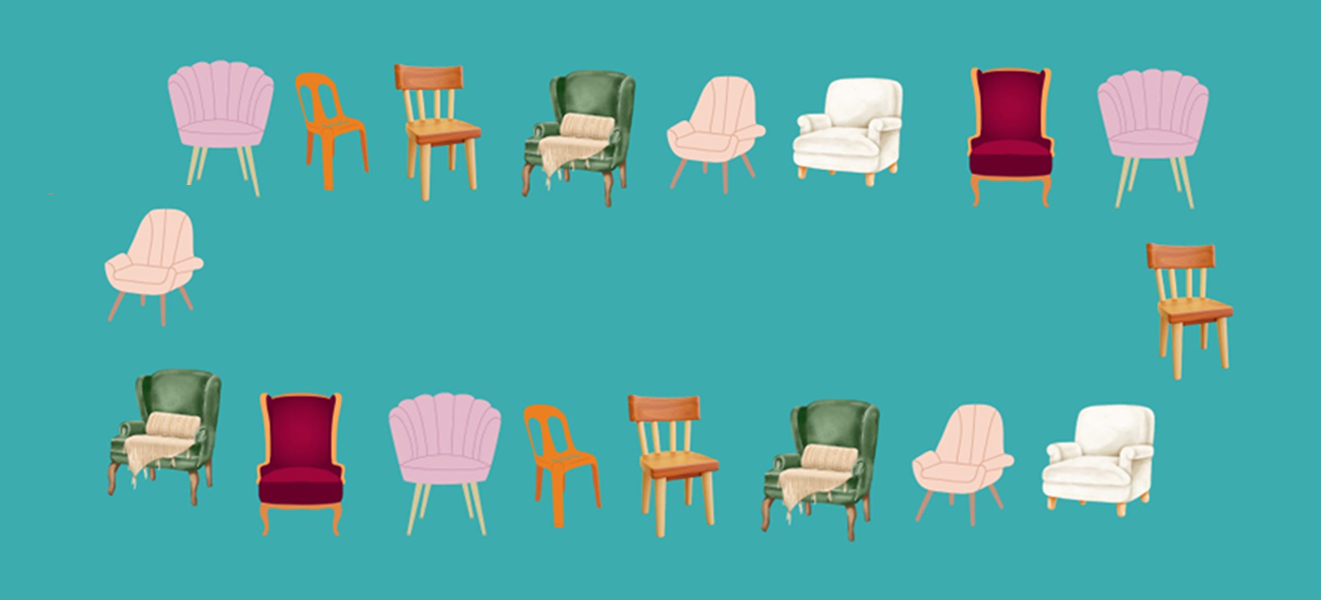“Get Over Yourself” and other things you don’t want to hear that change your life
One of the best pieces of advice I’ve received is this:
“Get over yourself.”
It was shared in a meeting around a floppy circle of chairs that jutted out at the ends, an oblong orbit.
My heart felt equally as lop-sided on that particular day, during that particular hour, when a woman who I’d only just met looked into my eyes with the intensity of a feral cat and spoke a truth that changed my life.
You see, for years, even into early recovery (and sometimes today, if I’m honest), I have an unhealthy obsession with myself.
What I’m doing.
What I’m not doing.
What I’m saying.
What I’m not saying.
What I’m wearing.
What I’m not wearing.
[you get the idea]
Somewhere swirling inside of my mind is the one obsession that’s followed me from birth and only gets a bit older, achier, and lop-sided over the years, too.
ME.
This woman (the one with the intense eyes) said something like this:
“If we want to be removed of the obsession of self, we have to get outside of our own heads. When we struggle, when we can’t stop obsessing, we have a way out. We can reach out to help another person who is struggling. If you are having a hard time staying sober, call another alcoholic or addict who is struggling and offer support. Or – if this isn’t for you, yet, or you are feeling wobbly in your sobriety, do something else to be of service. Pick up cigarette butts outside of the meeting. Anything to get outside of you.”
There are moments like the one I experienced in recovery when it feels like something clicks. An “aha” moment when the curtain is lifted, the sea parts, and we see behind the surface of things for a moment.
We don’t have to stay stuck in our stinkin’ thinking.
We don’t have to stay focused on our problems, deficits, and failures.
We can be a supportive ear for a friend or a cig-picker upper for a church or recovery clubhouse.
We can be of service and in the process, lose ourselves to find something much more precious.
We can find a new comfort in our skin by jumping out of it.
Excerpted from Caroline Biedler’s substack ‘Circle of Chairs’







